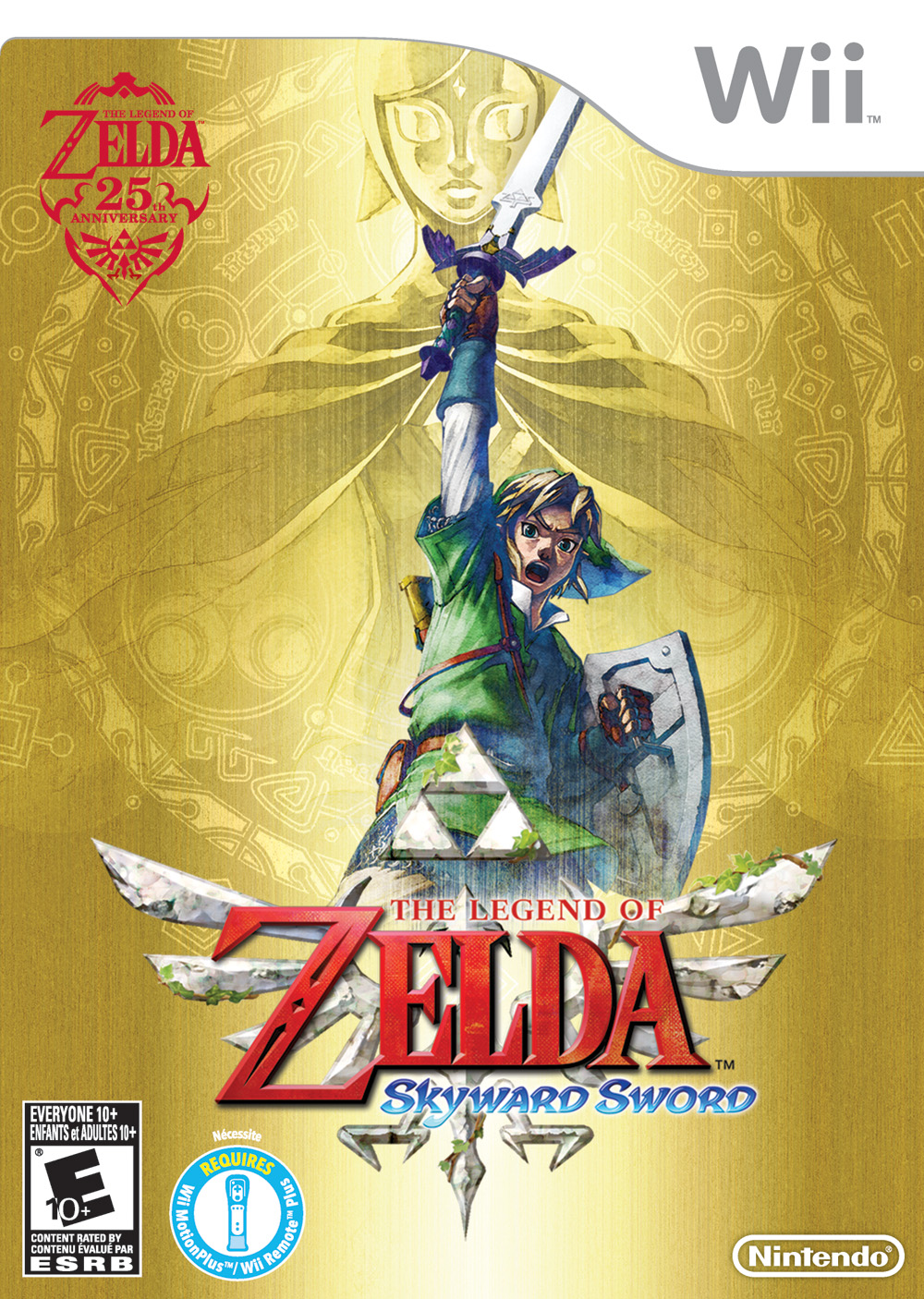Hyrule Haeresis 9
 And so it begins once again. And so it ends.
And so it begins once again. And so it ends.
The stargazers tell us that when we look deep into the Night Sky, were are looking back in Time. Even at the speed of light, we can only see the stars as they once were, not as they are now. Hence, when we cast our gaze Skyward, we peer into our past.
It is always in Faroff Heaven where we seek our Origin. The foundational myth any state tells itself is of the separation between Earth and Heaven, because those in power cannot maintain it through divine right if the divine is accessible to anyone. And the Origin Story is always the tale which explains to us why the world is the way that it is. Our Natural Order issued to us from an aloof and distant land in a time so long ago it cannot be changed any longer. When Heaven is removed from us Heaven becomes banal. Or perhaps another Lament for a lost Golden Age, lost so long ago it might as well have been in Heaven? Some stories tell us how to get along with each other or how we might learn something of the nature of other living things. Some stories are alive themselves, giving us advice befitting our joint lives right now. What is the lesson you take from the story of your own creation?
Sometimes the entire world changes in a single moment, like the shifting winds, and a new Reality is born.
This is the real story of what happened with the Nintendo Wii. Although not created explicitly to compete with the Microsoft XBOX, its closest analog, the Nintendo GameCube had sat comfortably alongside it and the Sony PlayStation 2 for half a generation (Factor 5, Nintendo’s shield-sister, had in fact requested the GameCube to be a more competitively powerful console, and helped co-develop it). And this had been the tradition: While the Famicom had been more or less in a class of its own, the Super Famicom had been created as a direct response to the SEGA Mega Drive (or rather, the Genesis, as North America was the true stage for that conflict) and there was much more parity between the Nintendo 64 and PlayStation than people wanted to admit. And while the GameCube had struggled, the larger concern was that video games were becoming far too exclusive. Fewer people played video games overall than in decades past, and many people who used to play played no longer. So it was decided by both former president of Nintendo Hiroshi Yamauchi and then-current president Satoru Iwata that the GameCube’s successor would push inclusivity, approachability and accessibility above all else.
Nintendo decided to cut costs for both them and their users by effectively recycling and updating the technology used in the Nintendo GameCube and, after seeing a promising pitch for motion-sensitive video game controllers inspired by flight simulation from Gryration, Inc., the Wii’s final design and ethos was crystallized. Gyration had tried to pitch the concept to Nintendo’s competitors first, but had been literally laughed at.…
